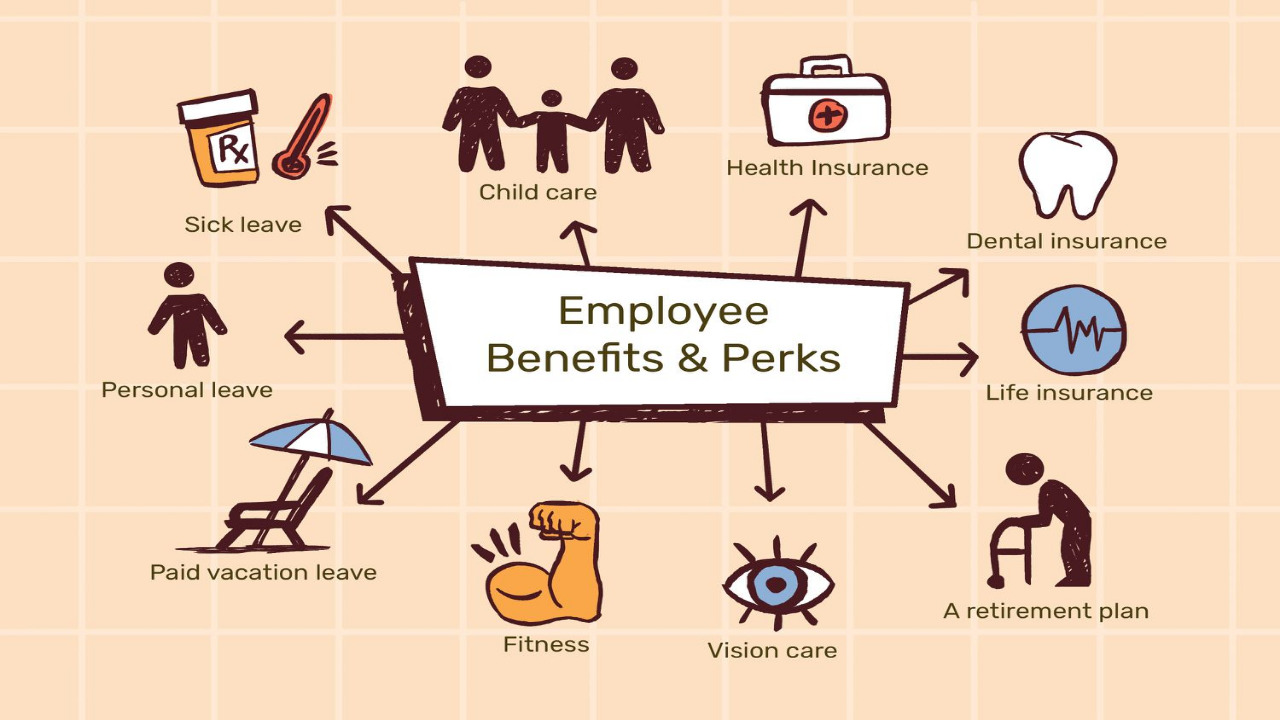Negotiating a higher salary can be an intimidating task for many individuals, but it is an important skill to master. Whether you’re starting a new job or seeking a raise in your current position, effective negotiation can help you achieve your financial goals and increase your overall job satisfaction. In this article, we will provide you with valuable tips and strategies to navigate the salary negotiation process successfully.
Do Your Research

Before entering into a salary negotiation, it’s crucial to gather information about industry standards, job market conditions, and the specific company you’re negotiating with. Conduct thorough research to determine the average salary range for similar positions in your field and location. Websites like Glassdoor, Payscale, and LinkedIn Salary Insights can provide valuable insights. Armed with this information, you will have a solid foundation for your negotiation and can make a compelling case for a higher salary. If you want to help people monitor their yearly salaries, try a simple solution for w2 form creation.
Highlight Your Value
During the negotiation, focus on communicating the unique value you bring to the company. Prepare a list of your accomplishments, skills, and experiences that directly contribute to the organization’s success. Emphasize any specific achievements or projects that demonstrate your ability to solve problems, increase efficiency, or generate revenue. By highlighting your value proposition, you can make a strong case for why you deserve a higher salary.
Set Realistic Expectations
While it’s essential to aim high during a salary negotiation, it’s equally important to set realistic expectations. Consider factors such as your experience level, the company’s financial health, and the industry’s current state. Be aware of the salary range you researched earlier and align your expectations accordingly. Setting unrealistic demands may hinder the negotiation process and potentially harm your professional relationship with the employer.
Practice Effective Communication

Effective communication is key to successful salary negotiations. Practice your negotiation skills beforehand, focusing on maintaining a confident and professional demeanor. Clearly articulate your points, emphasizing your strengths and contributions. It’s important to actively listen to the employer’s perspective as well, as this can help you identify their priorities and concerns. Engage in a constructive dialogue that allows both parties to express their needs and find mutually beneficial solutions.
Consider Non-Salary Benefits

Remember that a negotiation isn’t just about the base salary. It’s also an opportunity to discuss additional benefits and perks that can enhance your overall compensation package. Consider aspects such as paid time off, flexible work arrangements, professional development opportunities, health insurance, retirement plans, and performance-based bonuses. By considering these non-salary benefits, you can negotiate a comprehensive package that meets your needs and priorities.
Be Prepared for Counteroffers
During the negotiation, it’s common for employers to make counteroffers or propose alternative solutions. Anticipate these scenarios and be prepared to respond thoughtfully. Evaluate each counteroffer against your priorities and the market value of your skills and experience. Maintain open communication and be willing to negotiate on multiple fronts. Remember that negotiation is a give-and-take process, and finding a middle ground can lead to a successful outcome.
Practice Patience and Flexibility
Negotiations can sometimes be time-consuming and require patience. Avoid rushing the process or becoming overly aggressive. Maintain a respectful and professional attitude throughout, even if the initial offer falls short of your expectations. Stay flexible and explore creative solutions that can benefit both parties. If necessary, consider alternative forms of compensation or other negotiation points that align with your goals.
In conclusion, negotiating a higher salary is a skill that can significantly impact your professional growth and financial well-being. By conducting thorough research, highlighting your value, setting realistic expectations, practicing effective communication, considering non-salary benefits, being prepared for counteroffers, and maintaining patience and flexibility, you can navigate the negotiation process with confidence. Remember, negotiation is an opportunity to advocate for yourself and reach a mutually beneficial agreement with your employer.

